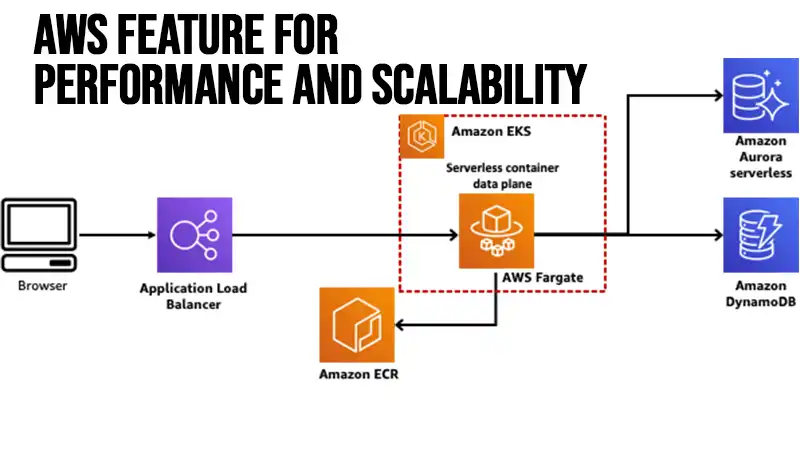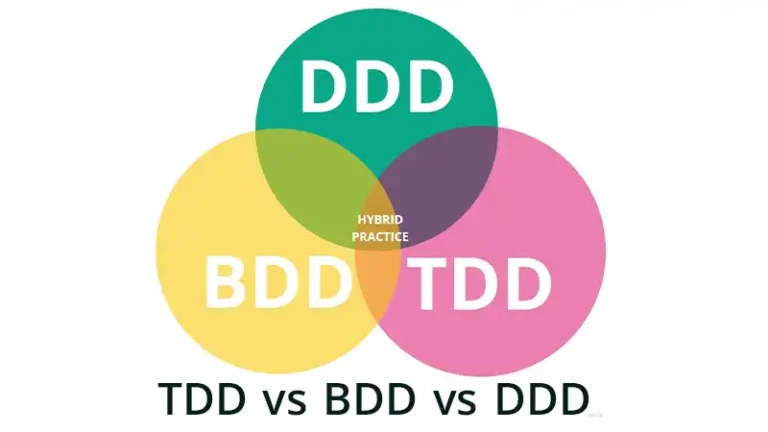The Most Important AWS Feature for Performance and Scalability
In the constantly evolving world of cloud computing, Amazon Web Services (AWS) has established itself as a pioneer. It is now offering businesses unparalleled levels of performance and scalability.
Among the many features and services provided by AWS, Amazon Elastic Load Balancing (ELB) and Elastic Block Storage (EBS) stand out as the leader in achieving optimal performance and scalability.
In this article, we will explore the most important feature of performance and scalability. Let’s explore it below!

The Foundation of Speed
All servers use a disk to store files. Operating system libraries, web servers & application code, and most importantly databases all use disk constantly.
So, disk speed is crucial to server speed.
Disk speed is crucial for MySQL databases. It has been a real challenge in multi-tenant environments like Amazon’s EBS. The provisioned IOPS feature addresses this head-on, allowing customers to lock in great MySQL database performance!
Also check out: Five more things Deadly to Scalability.
Disk Performance on Multi-tenant EBS
Amazon’s EBS or elastic block storage, is a virtualized network storage solution. You can think of it as RAIDed disks but accessed & provisioned over a high-speed network.
Related: Why Generalists are Better at Scaling the Web
Since Amazon is a multi-tenant environment, other customers are using that same network, and hitting those same disks. So, if your neighbors are seeing a lot of traffic to disk, your web application can slow down. Not good!
What is Provisioned IOPS
We’ll agree that it’s one of the worst branded features ever, but you should know about it and use it, especially for your MySQL databases.
Provisioned means that you’ll lock in performance in advance, and IOPS stands for I/O operations. Think of it as Google juice for your cloud database servers!
Frequently Asked Questions (FAQs)
How Does AWS Provide Scalability?
AWS Auto Scaling keeps a close eye on your applications to ensure they are running at the performance levels you desire. Whenever there is a surge in demand, AWS Auto Scaling will automatically boost the capacity of limited resources so that you can maintain optimal service quality. Thus, AWS provides scalability.
What Is an Example of Scalability In AWS?
An example of scalability in AWS is AWS Cloud add or remove Amazon EC2 instances behind Elastic Load Balancer to scale it horizontally.
Conclusion
To increase the speed of a server, a high-speed disc is crucial. This means the foundation of the speed is the disk speed. We hope you’ve found this article helpful in learning about the most importance AWS feature for performance and scalability. For further queries regarding this feature, feel free to share them with us in the comment section below. Thanks for reading!





